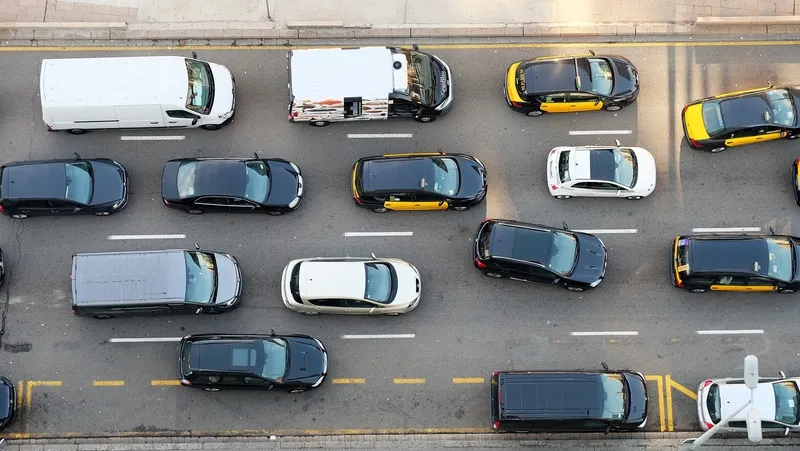Meeting at the 6th ETSI workshop, the European Committee for Standardisation (CEN) and the European Telecommunications Standards Institute (ETSI) have confirmed that the basic set of standards for cooperative intelligence transport systems (C-ITS), as requested by the European Commission in 2009, have now been adopted and issued. The Release 1 specifications developed by CEN and ETSI will enable vehicles made by different manufacturers to communicate with each other and with the road infrastructure systems,
February 13, 2014
Read time: 2 mins
Meeting at the 6th ETSI workshop, the European Committee for Standardisation (1701 CEN) and the 6613 European Telecommunications Standards Institute (ETSI) have confirmed that the basic set of standards for cooperative intelligence transport systems (C-ITS), as requested by the 1690 European Commission in 2009, have now been adopted and issued. The Release 1 specifications developed by CEN and ETSI will enable vehicles made by different manufacturers to communicate with each other and with the road infrastructure systems, by utilising wireless communication technologies to link vehicles and infrastructure and identify potential risks in real time.
When applied by vehicle manufacturers, the new specifications should contribute to preventing road accidents by providing warning messages, such as wrong-way driving or possible collisions at intersections, as well as advance warnings of roadworks, congestion and other potential risks to road safety.
Standards for cooperative intelligent transport systems (C-ITS) are being developed by the competent technical committees of CEN and ETSI, which bring together experts from key players in the automotive industry including car manufacturers and their suppliers, as well as infrastructure system suppliers and operators. Work is currently underway in both CEN and ETSI to develop the next package of standards (Release 2).1816 European Union funded research projects such as eCoMove, Drive C2X and COMeSafety have also contributed to the standards committees, or to ETSI-organised Plugtests interoperability testing events.
The road infrastructure operators and the automotive industry are coordinating their requirements through bodies such as the7024 Amsterdam Group, 374 Ertico – ITS Europe and the Car 2 Car Communication Consortium, and feeding these directly into the standards committees. International cooperation is taking place with 2042 ISO, 6781 IEEE and the 567 SAE to ensure a global harmonisation of ITS deployment in different regions.
Connected cars are expected to appear on European roads in 2015. The authorities in Austria, Germany and the Netherlands have agreed to cooperate on the implementation of ITS infrastructure along the route between Rotterdam and Vienna (via Frankfurt).
When applied by vehicle manufacturers, the new specifications should contribute to preventing road accidents by providing warning messages, such as wrong-way driving or possible collisions at intersections, as well as advance warnings of roadworks, congestion and other potential risks to road safety.
Standards for cooperative intelligent transport systems (C-ITS) are being developed by the competent technical committees of CEN and ETSI, which bring together experts from key players in the automotive industry including car manufacturers and their suppliers, as well as infrastructure system suppliers and operators. Work is currently underway in both CEN and ETSI to develop the next package of standards (Release 2).
The road infrastructure operators and the automotive industry are coordinating their requirements through bodies such as the
Connected cars are expected to appear on European roads in 2015. The authorities in Austria, Germany and the Netherlands have agreed to cooperate on the implementation of ITS infrastructure along the route between Rotterdam and Vienna (via Frankfurt).








